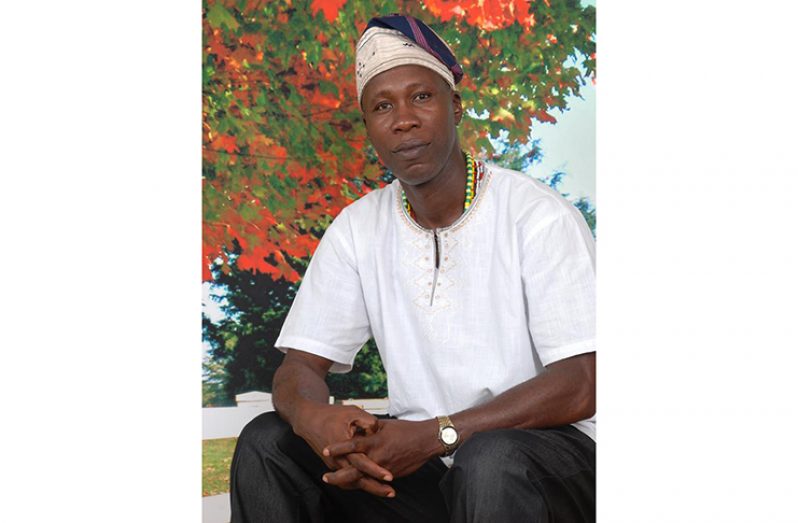“No one has the right to sexually molest anyone even if the person is walking naked,” — this is the conviction of Senior Psychologist within the Mental Health Unit of the Ministry of Public Health, Dr. Balogun Osunbiyi.
The act of sexual molestation is something one can never justify and with many cases still being swept under carpet, the doctor believes that more members and groups of society need to step up and take action.
“As a mental health care provider, I think that sexual molestation at any age, childhood or adult, is one of the most hurtful and cruelest things that you can do to a person. That person never, ever forgets that invasion, that trauma, that assault, that breach of their privacy and dignity.”
“I am very strong on this because it is so distressful to see people come to me only for them to break down and open up. More times than often they have never opened up anyone else — not to their relatives who more than likely would have been one of the perpetrators; not their pastors who sometimes are the perpetrators — on what they endured whether at five or 10 by a grandfather, an uncle, two older cousins and to me it’s one of the most difficult of cases to really handle,” Dr. Osunbiyi said.
One way of bringing such cases out into the open is by having specialists interact with children from the youngest of ages to teach them right from wrong on the issue.
However, Dr. Osunbiyi similarly believes that the necessary legal punishment must be more rigorously enforced and families must take up their roles and safeguard the vulnerable amongst them.
“Families have to protect those who are vulnerable because you can go to the schools and you can talk about [child sexual abuse] education; the courts can impose the penalties that are in the law books but at the end of the day this is a thing about families and the responsibility of families in protecting their young ones or in protecting the ones that are at-risk,” he said.
The mental health specialist added that in many cases where even parents disregard the complaint of a child on the matter, often times stem from their fear of the reality.
“Any rape victim will tell you that the hardest thing to do is to convince others,” he stated, referencing the recent case of Christine Blasey Ford, a woman who came forward accusing US Supreme Court nominee Brett Kavanaugh of sexually assaulting her.
“Sometimes you see the quotes beneath news articles saying ‘well she was behaving in a certain manner’ or ‘she asking for it’. I don’t understand that. I usually say: ‘I think you think she was asking for it, now that you’ve committed this offence, what are you asking for?’” he stated.
Even in situations where persons are surrounded by a supportive family or group, Dr. Osunbiyi said that guilt and shame can become major negative players for victims.
“The more profound the trauma the more likely persons are to blame themselves, hate themselves, loath themselves, despise themselves or be ashamed of themselves. So when you take some of those factors into account, who really wants to go out there and have the public look at you and maybe label you and accuse you like ‘why didn’t you shout louder’ ‘why didn’t you fight back harder?’ Imagine going into a court and the defense attorney says ‘you said you were raped, did you feel any pleasure?’
“So we must appreciate that when people come out and tell their truth, it takes a lot of courage,” he advised.
Dr. Osunbiyi was careful to caution that despite it being a difficult task to ‘tell your truth’, holding in such a burden can further impair a person.
He recommends that those facing mental challenges as a result of sexual molestation seek help through available agencies such as the Mental Health Unit.
“We are fully equipped to treat with any person suffering the aftereffects of any trauma including being sexually molested. You should seek therapy,” Dr. Osunbiyi said.
“We’re here to treat, to counsel, to provide psychotherapy to anyone who has been a victim of sexual assault. We tell the public that when you come your issues are confidential and you can come straight to ask for the Director of Mental Health…or you can ask for me. You can discuss your matter with us here and then we will determine which staff is suited to handle your case. If you come to us you don’t need an appointment, you can discuss your matter in a safe, friendly space,” he urged.




.jpg)









